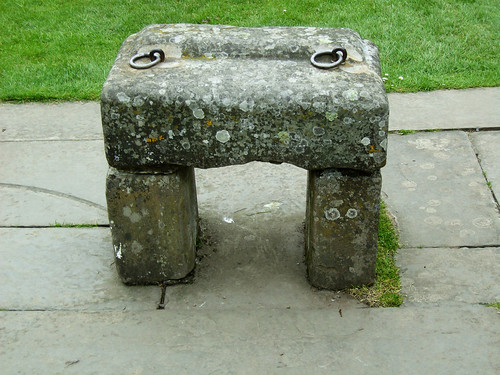Is there such a thing as a Scottish mandate?


If [the Tory Party] sometimes seems English to some Scots that is because the Union is inevitably dominated by England by reason of its greater population. The Scots, being an historic nation with a proud past, will inevitably resent some expressions of this fact from time to time. As a nation, they have an undoubted right to national self-determination; thus far they have exercised that right by joining and remaining in the Union. Should they determine on independence no English party or politician would stand in their way, however much we might regret their departure. What the Scots (not indeed the English) cannot do, however, is to insist upon their own terms for remaining in the Union, regardless of the views of the others.
Because the United Kingdom doesn’t have a codified constitution, this right to leave the UK was never enshrined in any formal document, but it seems to have been generally accepted. When the Scottish Parliament was created, many people thought this right moved from Westminster to Holyrood. Because of this, it was generally accepted that David Cameron couldn’t block the Scottish Parliament’s request for an independence referendum after the SNP gained an absolute majority in the 2011 election – all he could do was to fiddle with the details.
It was therefore a huge surprise to many when Theresa May replied “now is not the time” to Nicola Sturgeon’s request for a new independence referendum in the spring of 2017, and because Scotland backed down at that point, we never found out whether it was constitutional for the UK Prime Minister to block it.
It’s looking like we’ll soon find out who’s right. At least most people seem to expect that when Boris Johnson inevitably refuses the new request, the Scottish Government will go to courts. I must admit I fear the UK Supreme Court will simply say that Westminster is sovereign, but it will be really important to clarify the status of a Scottish mandate on matters that are reserved to the UK, such as the constitution. As far as I can see, there are three main possibilities:
- There is no such thing as a Scottish mandate, i.e., there’s no constitutional way for Scotland to declare independence or hold an independence referendum without Westminster’s accept. If this is the outcome, it would be interesting to find out whether this was true also back in the 1980s, or whether it got abolished when the Scottish Parliament was formed.
- A majority of Scottish MPs can change Scotland’s constitutional future, just like it used to be – in other words, nothing changed when the Scottish Parliament was formed because it’s a reserved matter.
- The power moved to Holyrood when the Scottish Parliament was formed, which means that Westminster cannot do anything to prevent a new independence referendum, and they’ll have to accept the result.
Much as I fear the outcome of a court case will be the first option, it will at least help crystallise minds that a different approach will be needed.
Recently while looking through the House of Parliament Web site I came across a petition that had been rejected it was headed.
” The Treaty of Union 1707 is no longer fit for purpose and Dissolve the Union”. (Ref: 235096)
The reason for rejection was interesting: ” It’s about something that the UK Government or Parliament is not responsible for.
We can’t accept your petition because this would be a decision for the people of Scotland and not the UK Parliament or Government”.
Interesting!
the reference number is 251950
good to see you still posting Thomas